Georgia Environmental Policy Act (GEPA) Studies
The Georgia Environmental Policy Act (GEPA) is a state-level regulation that mirrors the National Environmental Policy Act (NEPA) in its intent and process but is specifically tailored to the state of Georgia. GEPA evaluations are crucial for ensuring that environmental considerations are integrated into the planning and decision-making processes for state-funded projects or state actions. Here’s an expanded overview of the GEPA process and its requirements:
Scope and Applicability:
- GEPA applies to a wide range of governmental actions in Georgia, including those by departments, boards, bureaus, commissions, authorities, or other state agencies.
- Local government projects (municipal or county) fall under GEPA if they receive significant state funding. This includes projects where more than 50% of the total cost is covered by state grants or any project receiving a state grant exceeding $250,000.
Types of Actions Covered:
- Land-disturbing activities by a state agency or those funded by state grants.
- The sale or exchange of more than five acres of state-owned land.
- Harvesting of five acres or more of trees with a diameter of more than two inches at breast height.
Evaluation Process:
- The GEPA evaluation is typically conducted during the design phase of a project.
- It involves assessing potential adverse environmental impacts that may arise during both the construction and operation phases of the project.
- In most cases, a qualified environmental consultant is hired by the project designer or administrator to carry out the GEPA evaluation.
Compliance with NEPA:
- In Georgia, if a project is subject to NEPA review and complies with its requirements, it is deemed to have also met the requirements of GEPA. This provision helps to streamline the environmental review process for projects that fall under both state and federal jurisdiction.
The Georgia Environmental Policy Act is a key tool for environmental governance in Georgia, ensuring that state actions and projects are environmentally responsible and sustainable. It complements the federal NEPA process and underscores Georgia’s commitment to environmental stewardship.
Frequently Asked Questions
If you have additional questions reach out and a team member will get in touch with you.
A GEPA evaluation is required for any proposed land-disturbing activity by a state agency or a project funded by a state grant, the sale or exchange of more than five acres of state-owned land, and the harvesting of a significant amount of trees.
Projects can range from construction and development to land management activities. Common examples include building new facilities, highway construction, large-scale tree harvesting, and significant land development projects.
Non-compliance with GEPA can result in delays, legal challenges, or the revocation of funding and permits. It’s crucial for projects to complete the GEPA evaluation process to avoid these issues.
The assessment covers potential adverse environmental impacts during both the construction and operation phases of a project. This includes evaluating effects on land, water, air, wildlife, and vegetation, among other factors.
Yes, the findings from a GEPA evaluation can lead to modifications in the project design to mitigate environmental impacts. This might include altering the project layout, implementing conservation measures, or adopting alternative construction methods.

